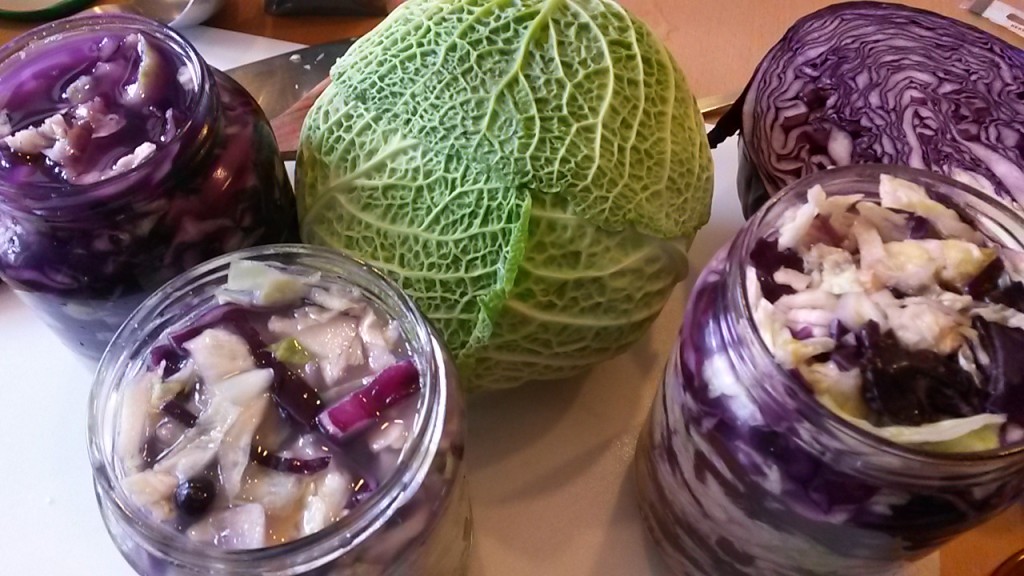
Studies on autism show promise
In a study published in 2017 on autism, it was found that a different approach to treatment may lower symptoms commonly experienced by patients. Children with autism spectrum disorders (ASD) often suffer gastrointestinal (GI) problems, such as constipation or diarrhea. Often, how severe the GI symptoms are, relate to how extreme the ASD symptoms are. The trial, looked at Microbiota Transfer Therapy (MTT) (that’s a poo transfer essentially) on the symptoms of 18 ASD-diagnosed children.
The children were given 2 weeks of antibiotics and a bowel cleanse, followed by longterm fecal microbiota transplant using, initially, a high dose and then lower doses for 7-8 weeks for maintenance.
There were significant improvements in GI symptoms, which lasted for 8 weeks after treatment ended. The variety of bacteria also increased. Behavioural symptoms related to ASD also improved a lot and lasted 8 weeks after treatment finished. While further clinical research is needed, this initial study suggests that the approach to alter the gut microbiome in ASD children may really help improve the gut and behavior symptoms.
There are many other studies that discuss the link between the gut and autism, which you can find here. The gut microbiome is hugely important to our health.
Top tips for improving your microbiome…and avoid a poo transfer!
If you’re not ready to ask your friend for a poo transfer, try these top tips for building your microbiome. Important for anyone and not just people with autism.
1. Eat a wide variety of foods
This maximises the type of bacteria (and enzymes and nutrients) that you introduce into your system.
2. Eat fermented foods
Foods such as fermented foods, such as kombucha, kefir, kimchi, yoghurt, sauerkraut etc as this brings in bacteria and also the healthy by-products of their work ie B vitamins.
3. Avoid anti-bacterial liquids (except during COVID-19 outbreaks)
While it’s important to wash your hands and food, avoid the anti-bacterial cleansers and opt for a regular soap (or food wash) to stay clean.
4. Eat organic
The pesticides, fungicides and herbicides may affect your health, stress your body’s natural defenses and kills off bacteria that may be beneficial. Focus on good, wholesome, organic food that comes from equally healthy soil.

